Introduction: The Future of Healthcare is AI
Artificial Intelligence (AI) is increasingly becoming a part of the healthcare world. From speeding up the development of new drugs to improving patient care and diagnosing diseases, AI is transforming the way we approach medicine. In this article, we’ll explore how AI is changing drug discovery and healthcare, the benefits it brings, and the challenges it faces.
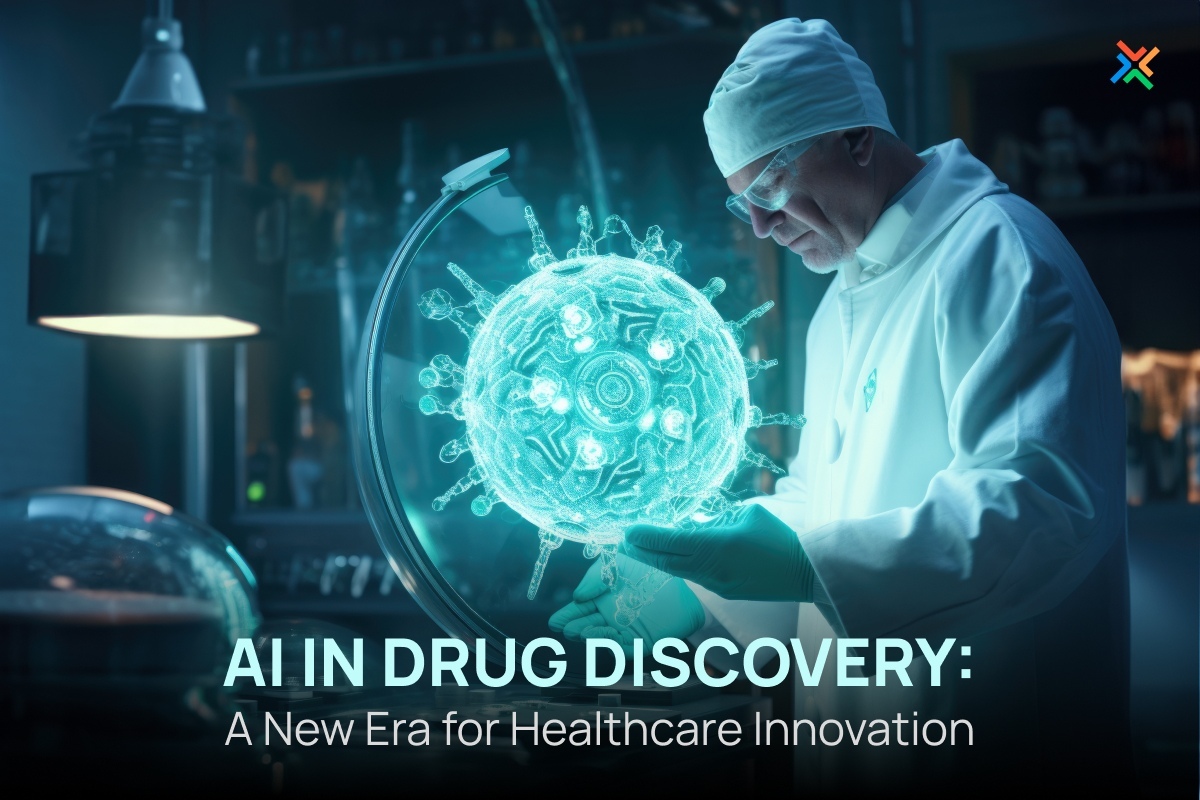
What is AI and How Does it Work?
AI refers to computer systems that are designed to mimic human intelligence. These systems can learn from data, recognize patterns, and make decisions without being explicitly programmed. In healthcare, AI uses large amounts of medical data (like patient records, genetic information, and scientific research) to make predictions, improve treatments, and discover new medicines.
AI in Drug Discovery: Faster, Smarter, and More Efficient
The Traditional Drug Discovery Process
Traditionally, discovering new drugs is a long and expensive process. Researchers start by testing thousands of compounds in laboratories to find those that might work against diseases. Once a promising compound is found, it goes through clinical trials, which can take years to complete.
The problem is, many of these compounds fail during the trials, wasting time, money, and resources. In fact, the success rate for new drugs is very low—only about 1 in 10 drugs that enter clinical trials make it to market.
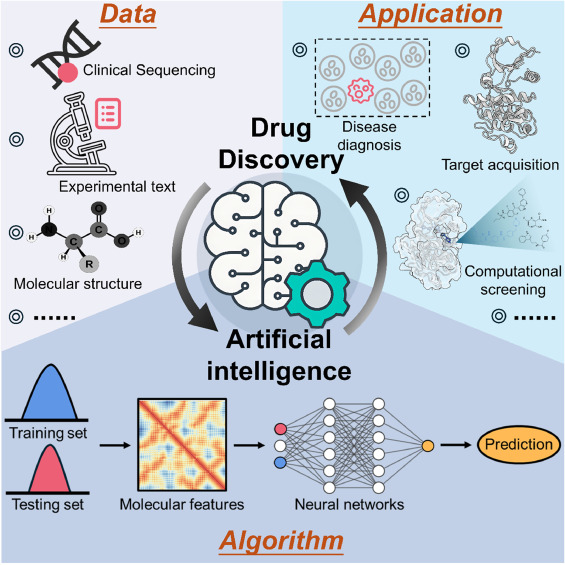
How AI is Changing Drug Discovery
AI is speeding up and improving drug discovery in several key ways:
-
Identifying Drug Candidates Quickly: AI can analyze massive amounts of data to identify molecules that might work against a specific disease. It can quickly scan chemical libraries and biological data, narrowing down the options and predicting which compounds are most likely to succeed.
-
Predicting Drug Safety: One of the biggest challenges in drug development is ensuring that a new drug is safe for humans. AI can predict side effects and toxicity by analyzing patterns from previous trials and genetic data, helping scientists focus on safer drug candidates.
-
Optimizing Clinical Trials: AI can design more efficient clinical trials by identifying the right patients for a study and predicting how they might respond to a drug. This reduces the time spent on trials and ensures better outcomes for patients.
Real-World Examples
Several pharmaceutical companies are already using AI to make breakthroughs in drug discovery:
-
Insilico Medicine, a biotech company, used AI to discover a new drug for fibrosis, a disease that causes tissue scarring. The AI system helped identify potential drug candidates in just 46 days, a process that would normally take years.
DeepMind, an AI company owned by Google, used AI to predict the 3D structure of proteins. This is a critical step in understanding how diseases work and finding new ways to treat them.
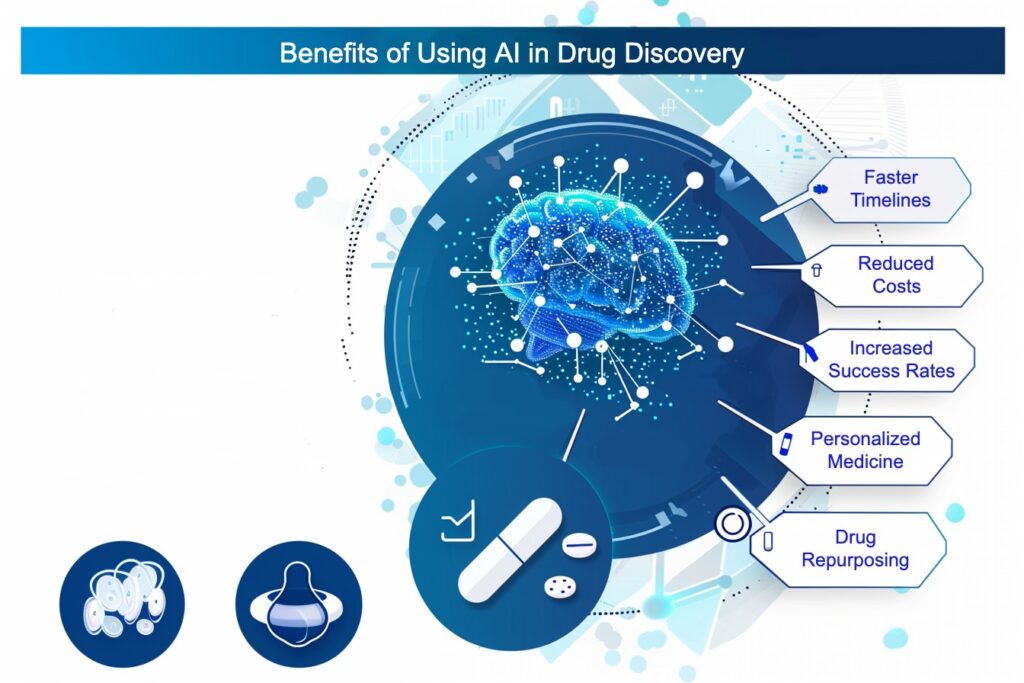
AI in Healthcare: Transforming Patient Care and Diagnosis
AI is not just helping in drug discovery; it’s also revolutionizing healthcare by improving how we diagnose, treat, and manage diseases.
Personalized Medicine: Tailoring Treatment to the Individual
One of the most exciting applications of AI in healthcare is personalized medicine. Instead of using a one-size-fits-all approach to treatment, AI can analyze a person’s unique genetic makeup, medical history, and lifestyle to recommend the most effective treatment options. This approach is already helping in areas like cancer treatment, where AI helps doctors select therapies that are more likely to work for individual patients.
AI in Diagnostics: Faster and More Accurate
AI is also being used to improve diagnostics. Traditionally, doctors rely on their training and experience to identify diseases, but AI can process medical images and test results much faster and more accurately. For example, AI systems can read X-rays, MRIs, and CT scans to detect issues like tumors, heart disease, and fractures, often spotting things that a human might miss.
-
AI in Radiology:Companies like Zebra Medical Vision and Aidoc are developing AI systems that help radiologists interpret medical images. These systems can identify signs of diseases like cancer or cardiovascular conditions much earlier than traditional methods, improving outcomes for patients.
AI in Pathology: AI is also being used to analyze tissue samples for signs of cancer. AI can look at cells under a microscope and identify abnormalities that may suggest cancer, helping pathologists make more accurate diagnoses.
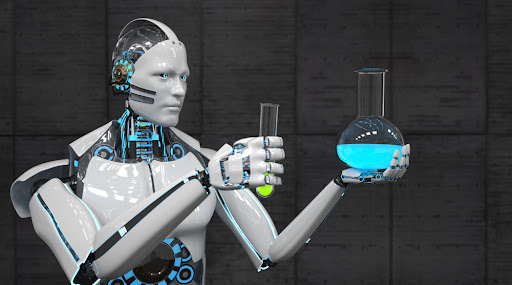
AI in Predicting and Preventing Diseases
AI can also help predict diseases before they occur. By analyzing medical records, genetic data, and even environmental factors, AI can identify patients at risk of developing certain conditions, such as diabetes or heart disease, and recommend preventive measures.
-
Predicting Heart Disease: For example, AI can analyze a person’s lifestyle, family history, and medical data to predict their risk of heart disease and suggest lifestyle changes or early interventions.
-
AI in Epidemic Control: During the COVID-19 pandemic, AI systems were used to predict outbreaks, track the spread of the virus, and recommend public health measures.
The Benefits of AI in Drug Discovery and Healthcare
AI has already begun to show its potential in improving healthcare and drug discovery. Here are some key benefits:
1. Faster and Cheaper Drug Development
AI speeds up the drug discovery process by quickly identifying promising drug candidates, optimizing clinical trials, and predicting safety. This reduces the time and cost of developing new drugs, making treatments available to patients more quickly.
2. Improved Accuracy in Diagnosing Diseases
AI’s ability to analyze large amounts of data helps doctors make more accurate diagnoses. AI systems can spot patterns in medical images and test results that might be missed by human doctors, leading to earlier diagnosis and better outcomes.
3. Personalized Treatment Plans
AI helps create personalized treatment plans by analyzing a patient’s unique genetic profile and medical history. This means treatments are more likely to be effective, reducing the trial-and-error approach that can sometimes be used in medicine.
4. Better Drug Safety
AI can predict the safety of new drugs by analyzing data from previous trials and patient records. This helps reduce the risk of harmful side effects and ensures that new drugs are safe for patients.
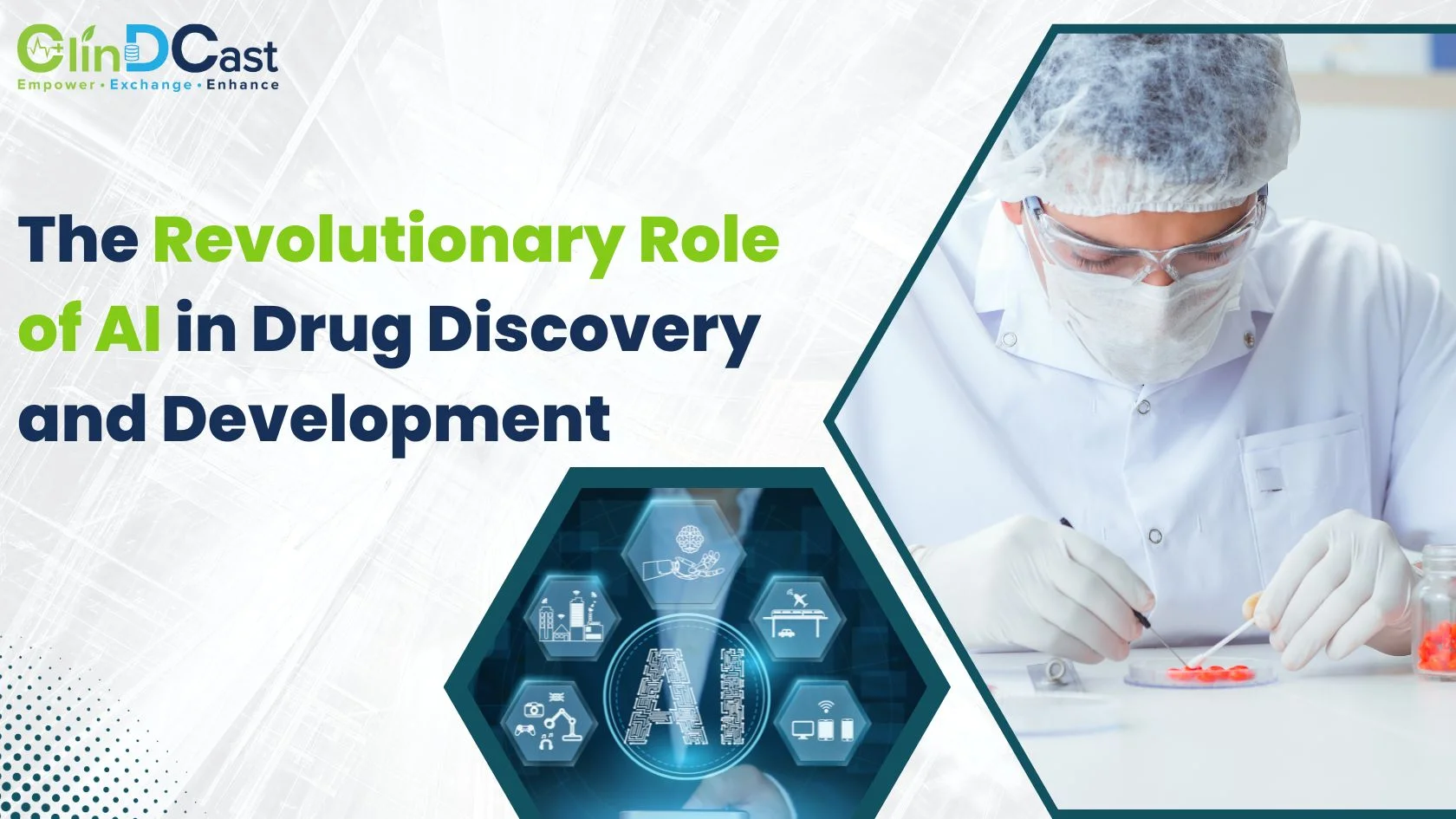
Challenges and Ethical Considerations
Despite its many benefits, AI in healthcare and drug discovery also faces challenges.
1. Data Privacy and Security
AI systems rely on large amounts of patient data to make predictions, but this raises concerns about data privacy. It’s essential that patient data is kept secure and that AI systems comply with privacy regulations, such as the Health Insurance Portability and Accountability Act (HIPAA) in the U.S.
2. Bias in AI Algorithms
AI systems can sometimes inherit biases from the data they are trained on. If an AI system is trained on data from only one group of ppatientseople, it might not work as well for others. For example, an AI system trained mostly on data from white might not perform as accurately when diagnosing diseases in patients from other racial or ethnic backgrounds.
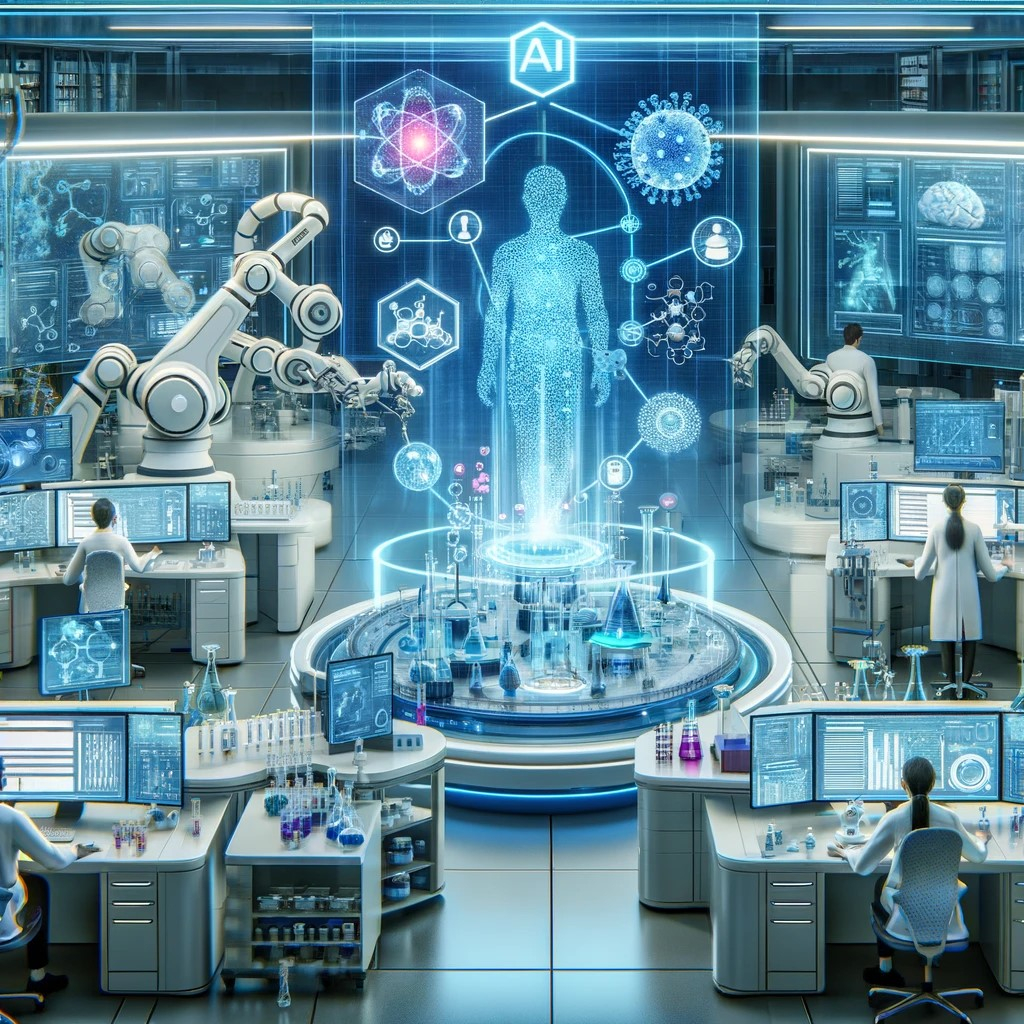
3. Regulation and Approval
Because AI is being used in drug discovery and patient care, there are concerns about how to regulate these technologies. Governments and health authorities need to create guidelines to ensure that AI is safe, effective, and ethical.
Conclusion: The Bright Future of AI in Healthcare
AI is transforming healthcare and drug discovery in exciting ways. From discovering new medicines faster to improving patient care through personalized treatment plans and early disease detection, AI has the potential to make healthcare more efficient, affordable, and accessible.
However, it’s important to address challenges like data privacy, bias, and regulation to ensure that AI is used responsibly and ethically. As AI technology continues to advance, its role in shaping the future of healthcare will only grow, offering new hope for better treatments and improved patient outcomes.

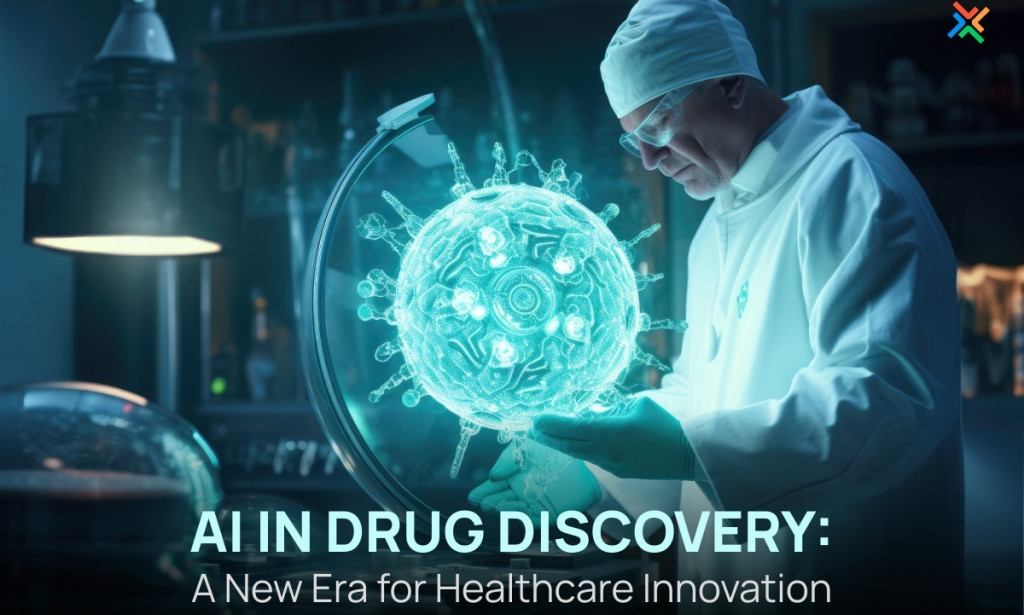
You must be logged in to post a comment.